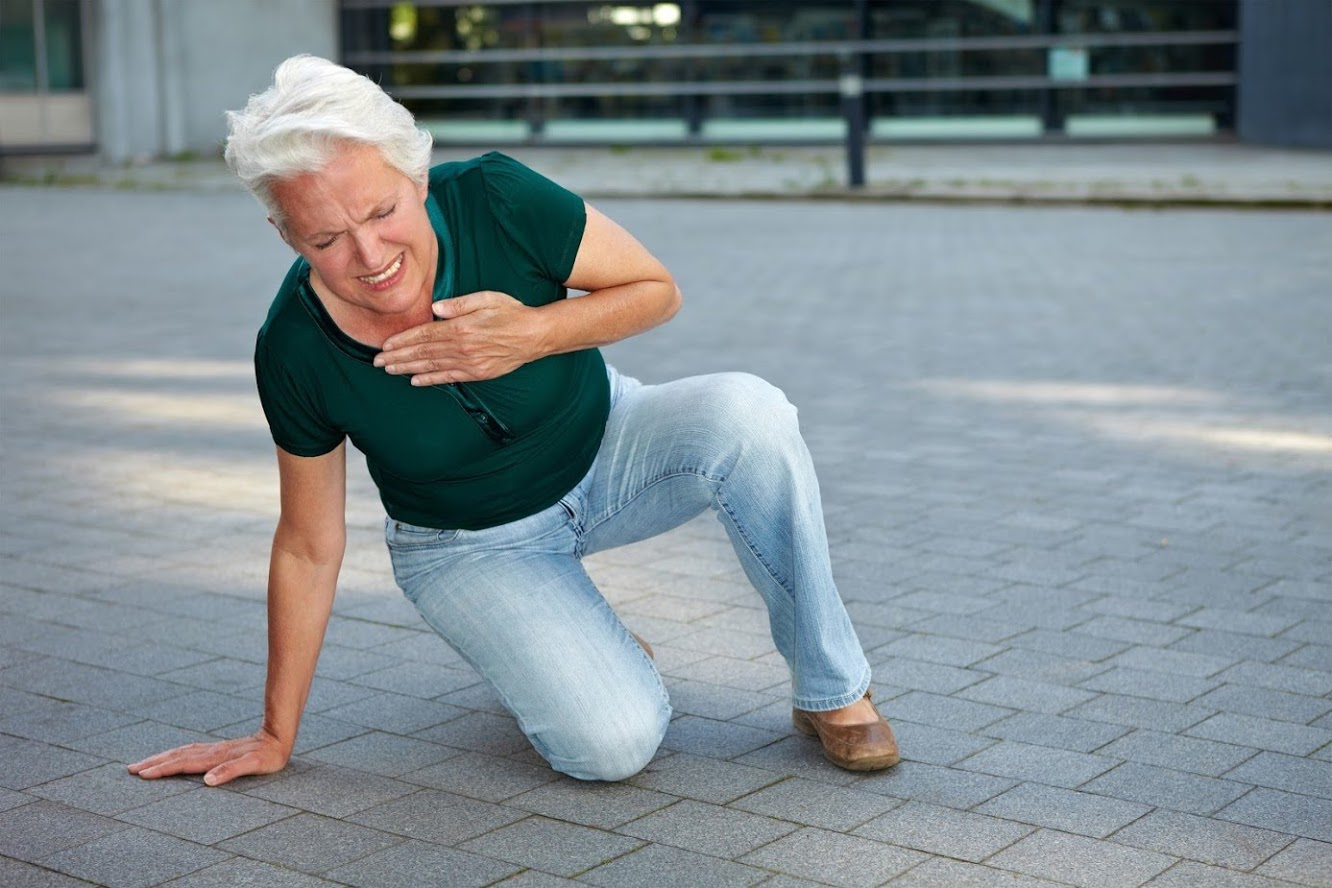Heart Attack Symptoms
Most of us are aware that the main sign of a heart attack is chest pain, but that doesn’t mean that we’re always able to recognise the symptoms in ourselves or others. Heart attack symptoms can vary and they may include less obvious signs such as fatigue, sweating and nausea. Keep reading to find out which symptoms could indicate that someone needs urgent medical care for a possible heart attack.

What is a Heart Attack?
A heart attack happens when the blood supply to your heart is interrupted, usually by a fatty blockage in the coronary arteries. The heart muscle isn’t able to get enough oxygen when the blood supply is blocked, so the cells can be damaged or even start to die off. This is a heart attack or myocardial infarction.
Signs of a Heart Attack
The most well known sign of a heart attack is chest pain, which often feels like a tightness or pressure in your chest. The pain may radiate out along your arms, neck, jaw or back too.
Other common heart attack symptoms include:
- Breathlessness
- Dizziness or lightheadedness
- Fatigue
- A cold sweat
- Feeling sick
- Heartburn or indigestion
Less Common Heart Attack Symptoms
Although the symptoms of a heart attack can sometimes be obvious, they aren’t always that easy to spot. Some people will only experience mild symptoms, which they may dismiss as unimportant. Others may have warning signs for a while, such as chest pain that comes and goes (angina) before a heart attack. In some cases, there can be unexpected symptoms such as feeling sick and lightheaded without any chest pain.
Heart Attack Symptoms in Women
Anyone can have a heart attack, although it is more common in the over 40s and it affects men more often than women. Women are less likely to recognise the signs of a heart attack because they may not realise that they are at risk. Women are also more likely to experience unusual symptoms, such as not having the more easily recognisable chest pain. Symptoms such as fatigue, nausea and lightheadedness can be signs of a heart problem, especially when they aren’t accompanied by symptoms such as a fever that would indicate the flu instead.
What to Do If You Suspect a Heart Attack?
If you think that you or someone you’re with might be having a heart attack then you should seek help immediately. A heart attack is a medical emergency that could be fatal if it is not treated right away. Even a short delay could have serious consequences. You should call for an ambulance or get to the nearest hospital A&E as soon as possible. The 999 call handler may advise you to chew on an aspirin (if someone can fetch it for you), but the most important thing is to try to sit still and stay calm until help arrives. If you know CPR and someone else is having a heart attack then you should check their pulse and perform CPR if you can’t find one.







